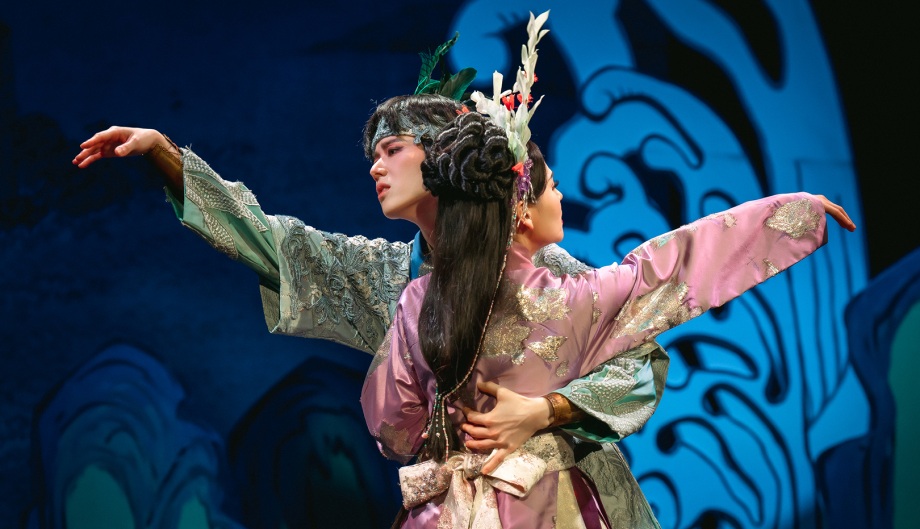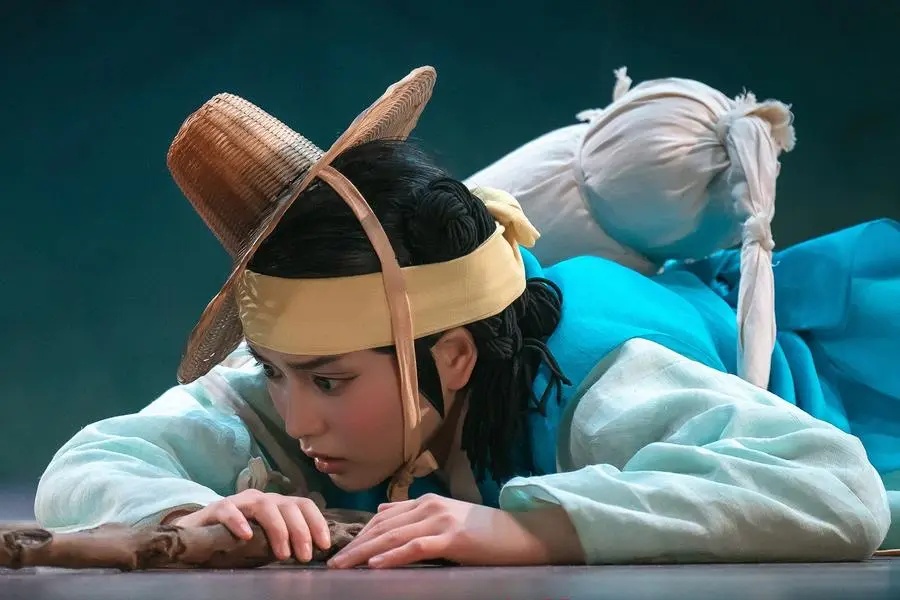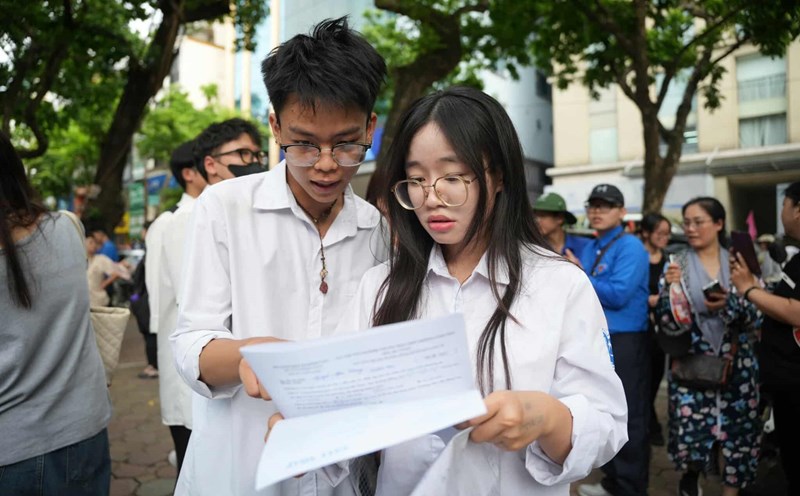Aired since the evening of October 12, the drama "Jeong Nyeon" (Jeong Nyeon: The Star is Born/Jeong Nyeon: The Star is Born) is gradually coming to an end, with the highest rating to date being 13.383% (in episode 6).
The film is set in 1950, about Yoon Jeong Nyeon (Kim Tae Ri) - a person with a poor background but a natural singing voice.
She is determined to pursue her dream of becoming a gukgeuk - a female artist skilled in performing pansori (traditional singing and dancing) after a fateful encounter with Moon Ok Kyung (Jung Eun Chae).
According to Korea Times, gukgeuk was popular in the 1950s and 1960s in Korea, but then gradually faded away as actors moved into the film industry.
So “Jeong Nyeon”’s focus on the little-known gukgeuk genre and all-female lead cast helped revive traditional Korean sounds, dances, and stories.
According to Korean newspapers, many young people do not know that gukgeuk exists, and only really became interested in and learned more about this cultural heritage after the drama aired. Meanwhile, experts say that the drama's appeal stems from its unique structure, so the similarities between gukgeuk and modern K-pop.

According to culture critic Jung Duk Hyun, the rigorous training process of gukgeuk trainees is not much different from what K-pop idols go through today, along with the passionate fan culture that surrounds both art forms.
“Like a reality competition show, gukgeuk features characters competing for better roles. The format is familiar to Korean audiences, but it is also reminiscent of K-pop auditions or training programs.
The combination of singing, dancing, and the clear division between trainees and newly debuted artists gives the drama a modern feel, even though the gukgeuk setting is the 1950s,” said Jung Duk Hyun.
Meanwhile, critic Kim Hern Sik also praised “Jeong Nyeon” for its groundbreaking nature, saying that the producers took a “bold step” in making a film based on little-known art forms such as pansori and gukgeuk.
“By centering the story around female artists and their aspirations, the film challenges traditional gender roles. The way the film focuses on female empowerment and their development is a fascinating subject.
Furthermore, the detailed description of gukgeuk performances—a rarity in the media—represents a groundbreaking innovation in the field of art and culture.
Few films delve as deeply into the rehearsal and performance of classical gukgeuk pieces as “Jeong Nyeon,” Kim Hern Sik commented.

The critic said that if Korea's cultural exports used to be unpopular, now people around the world are curious about anything related to Korea.
Not only with “Jeong Nyeon”, but most recently, the meaning of Rose’s song “APT.” has also aroused much curiosity. This is a good sign, helping to increase the popularity of Korean culture.










